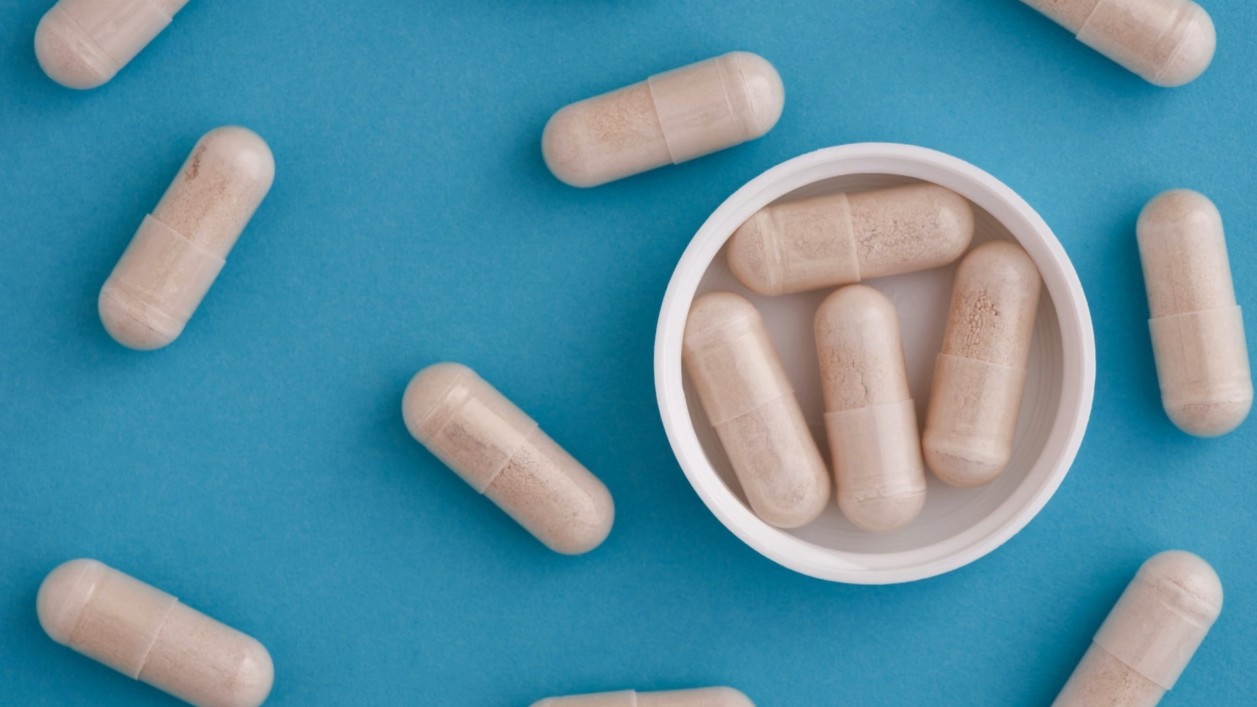When most people hear the word “probiotic,” they think of bacteria—like Lactobacillus or Bifidobacterium. But Saccharomyces boulardii is different. It’s not a bacterium. It’s a yeast.
Often marketed as a probiotic, S. boulardii may be used during or after antibiotic treatment. But is it really a probiotic? And is it the best option for supporting gut health?
Let’s take a deeper, more honest look at what S. boulardii is—and what it isn’t.
🔬 WHAT IS SACCHAROMYCES BOULARDII?
Saccharomyces boulardii is a strain of yeast. It’s not a bacteria. It was first isolated in the early 20th century from the skins of tropical fruits. Taxonomically, it’s not even a distinct species—it’s a subtype of Saccharomyces cerevisiae, the same yeast used in baking and brewing alcohol. Genetically, they are nearly identical.
Studies have shown that it can have some benefits in treating certain gut infections, in particular C. difficile. And in theory it doesn’t permanently colonize the gut. Instead, it passes through the digestive tract, temporarily interacting with the gut environment before being eliminated.
💡 IS IT REALLY APROBIOTIC?
This is where the conversation gets more interesting. While it’s routinely labeled a “probiotic,” S. boulardii isn’t really a probiotic, and doesn’t meet all the classic criteria of a probiotic.
True probiotics are living bacteria that confer a health benefit when they colonize the host in sufficient numbers. S. boulardii, while alive and capable of interacting with the gut environment, is not a bacteria, and does not colonize the microbiome. Or at least you hope that it won’t.
It doesn’t restore or rebalance gut flora in a lasting way. It may modulate the gut for a short period, but its effects are generally temporary andlimited.
So while it may be helpful in certain circumstances, calling it aprobiotic in the traditional sense is debatable.
And I have seen cases of people who have an overgrowth of Saccharomyces that is actually the cause of their symptoms! So I certainly don’t call it aprobiotic.
🏥 WHEN IS IT USED IN HEALTHCARE?

Despite its limitations, S. boulardii is used in some medical situations and can have value:
That said, the benefits are usually modest and short-term. It doesn’t rebuild the microbiome or address deeper gut imbalances. It’s more of a stop gap than a long-term solution.
⚖️ IS SACCHAROMYCES BOULARDII BETTER THAN OTHER PROBIOTICS?
Not necessarily. In fact, in many cases, bacterial probiotics are far more appropriate and superior.
If you’re dealing with:
then yeast like S. boulardii are not the right tool. And I would never use yeast to treat Candida or a yeast overgrowth.
I have not seen S. boulardii work well in these situations, and it doesn’t restore the complex ecosystem of beneficial bacteria that’s crucial forlong-term digestive and immune health.
In these cases, multi-strain, high-quality bacterial probiotics—especially those tailored to specific conditions—are much more effective. In my experience high quality probiotics such as our Full Spectrum are far superior for treating these conditions.
They can reseed the gut, compete with pathogens, produce important by products like short-chain fatty acids, and even communicate with the immune system in ways S. boulardii simply can’t.
🎯 CONCLUSION
Saccharomyces boulardii is often overhyped. It’s not useless, but it only has a very specific and narrow application, mostly for helping to treat C. difficile, and it works best when used appropriately and temporarily.
If you’re serious about restoring your gut health, don’t rely on this one ingredient. A thoughtful, individualized approach using the right strains, the right dosing, and the right timing makes all the difference.
And if you need more personalized digestive care, give us a call at the IBS Treatment Center. We have been working with people around the world via telemedicine since 2005.
3 Things To Know About Yogurt and Your Digestive Health
How Many Antibiotics Does it Take to Mess Up Your Microbiome?
Seattle: 206-264-1111
Los Angeles: 310-319-1500
Our WhatsApp: 206-791-2660
Copyright © 2024 IBS TREATMENT CENTER. All Rights Reserved
Lorem ipsum dolor sit amet, consectetur adipiscing elit. Suspendisse varius enim in eros elementum tristique. Duis cursus, mi quis viverra ornare, eros dolor interdum nulla, ut commodo diam libero vitae erat. Aenean faucibus nibh et justo cursus id rutrum lorem imperdiet. Nunc ut sem vitae risus tristique posuere.